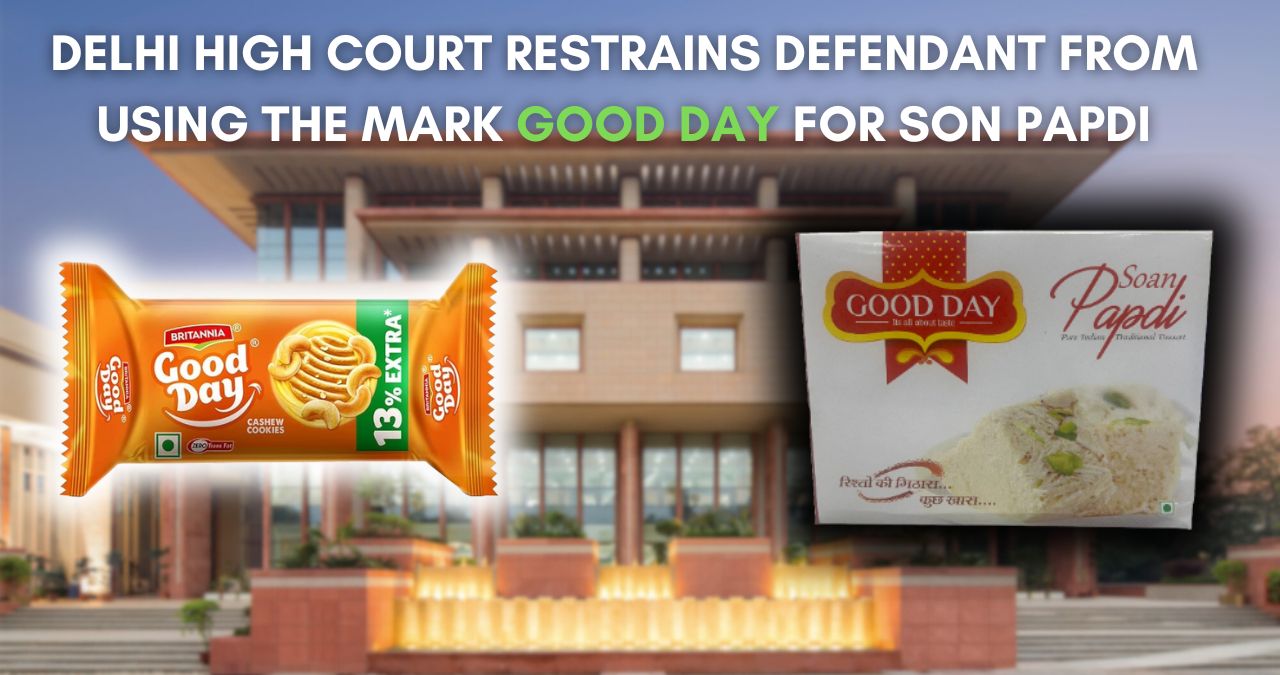CASE DETAILS: BRITANNIA INDUSTRIES LTD v. DESI BITES SNACKS P LTD & ORS., CS(COMM) 983/2024
Product Category: Confectionery
BRIEF:
| Particulars | Plaintiff (Britannia Industries Ltd.) | Defendant (Desi Bites Snack P Ltd.) |
| Trade Mark | GOOD DAY Registration No.- 452003 dt.-03.04.1986 | GOOD DAY |
| Registration Status | Registered under Class 30 since 1986 | Not Registered |
| Products | Biscuits, bread, and non-medicated confectionery | Confectionery items like Soan Papdi and food items like Papad |
| Plaintiff | Defendants |
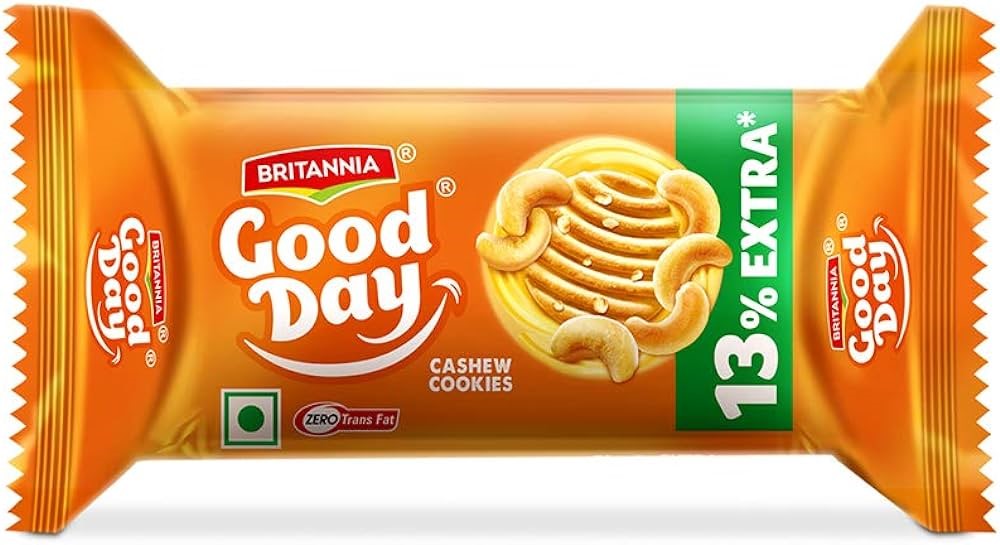 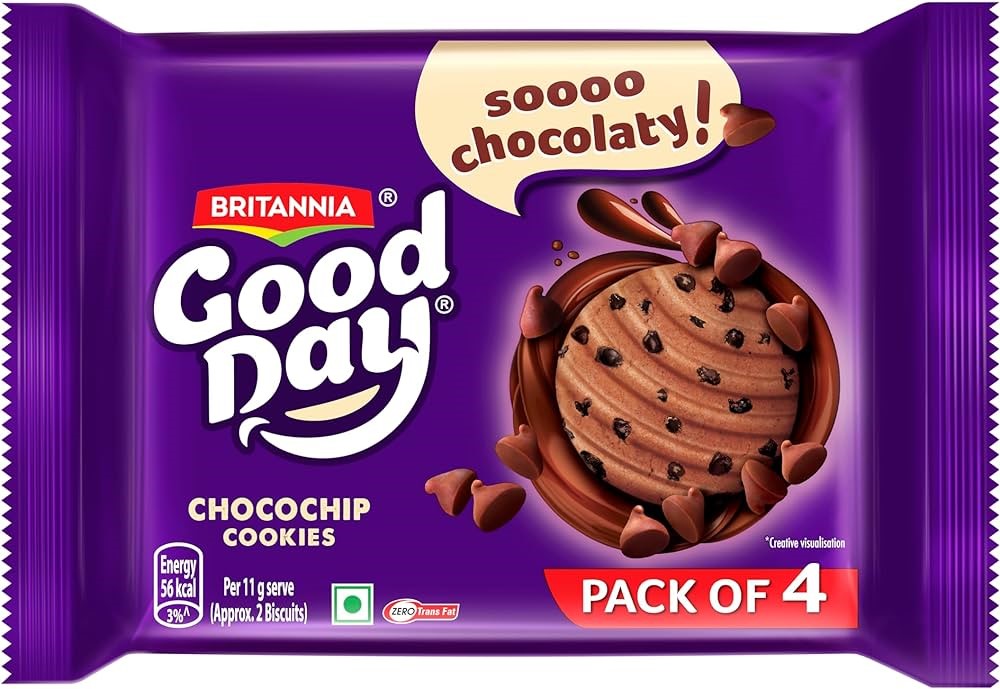 | 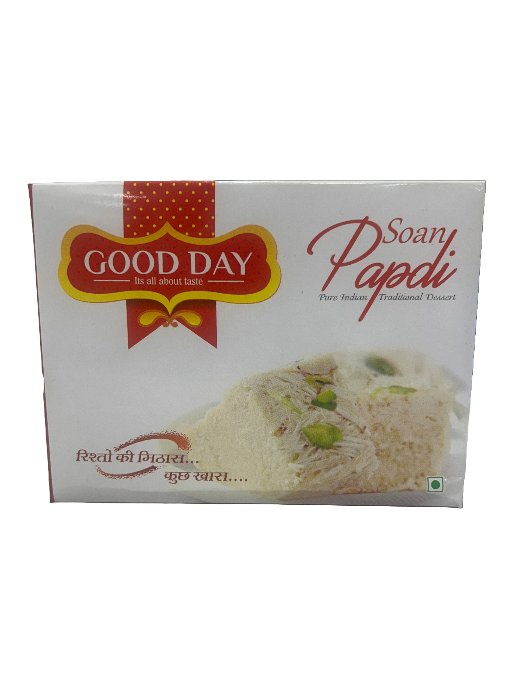 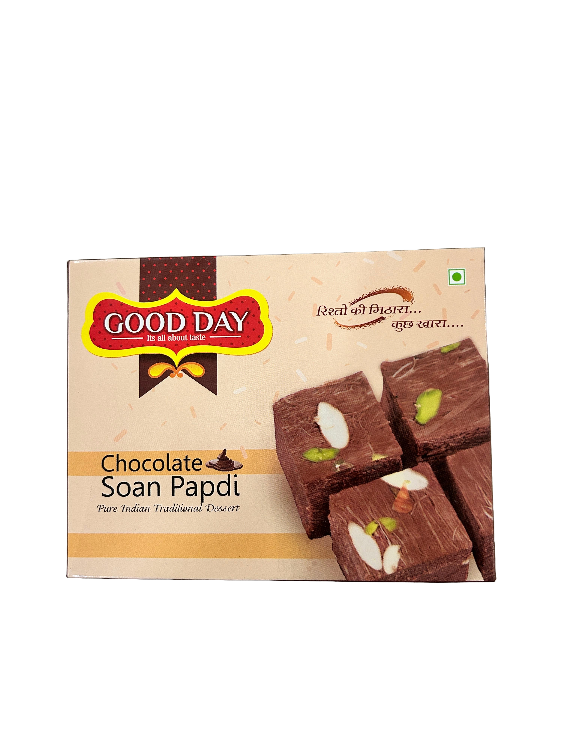 |
INTRODUCTION
The Delhi High Court recently in the case of Britannia Industries Ltd. vs. Desi Bites Snack P Ltd & Ors. (CS(COMM) 983/2024), ruled in favour of Britannia Industries Ltd. to protect its well-known trade mark “GOOD DAY” against infringement, passing off, and unfair competition.
Britannia, a major player in India’s food and bakery industry, alleged that Desi Bites’ use of the identical mark “GOOD DAY” for its food products, such as “Soan Papdi” and “Papad,” amounted to trade mark infringement, passing off, disparagement of Plaintiff’s well-known trade mark and its dilution thereof.
PLAINTIFF ARGUMENTS-
Plaintiff argued that “GOOD DAY” is a well-known and well-established trade mark in the Indian market, having been registered and used since 1986.
In the case of Britannia Industries Ltd. v. Rakesh kumar Jain & others, ORA/68/2013/TM/AMD dt. 23rd December, the Ld. IPAB declared that the plaintiff trade mark ‘GOOD DAY’ is a well-known trade mark.
Britannia, represented by Mr. Sachin Gupta and his team, pointed out that Britannia’s “GOOD DAY” mark holds significant goodwill and reputation in the confectionery and bakery sector.
It was submitted that since 1986, the Plaintiff has built extensive goodwill and a strong reputation through its iconic GOOD DAY line of biscuits and cookies. With annual sales of Rs. 35,109 million in FY 2022-2023, the Plaintiff has grown into a leading food company in India. By 2024, it generates approximately ₹16,000 crores in revenue, reaching over 50% of the Indian population through 4.2 million retail outlets. The Plaintiff’s diverse portfolio spans biscuits, bread, cakes, dairy products, and beverages.
The plaintiff in the third week of October 2024 came across the defendants’ product under the impugned mark GOOD DAY being sold in Delhi and on internet. The plaintiff contended that the unauthorized use of “GOOD DAY” by Desi Bites on food products amounted to infringement and passing off. The counsel further argued that such infringement could cause irreparable harm to plaintiff’s brand, as it would diminish the distinctness and reputation associated with “GOOD DAY.”
It was also submitted that by adopting the identical mark, the defendants were attempting to create an association with the plaintiff’s range of products bearing the trade mark “GOOD DAY”. Such actions would likely cause confusion among the public, leading consumers to believe that the defendants’ products are associated with or endorsed by the plaintiff, thereby damaging the distinctiveness and goodwill that the plaintiff has built over decades. Plaintiff highlighted that monetary compensation alone would be insufficient to remedy the harm caused by the potential dilution of the trade mark’s value.
DEFENDANTS’ ARGUMENTS
Defendant did not make an appearance in court, resulting in the judgment proceeding based solely on the plaintiff’s submissions.
COURT’S JUDGMENT-
COURT’S OBSERVATIONS AND REASONING
HMsJ Mini Pushkarna analyzed the facts of the case from both a consumer protection perspective and a trade mark infringement standpoint.
The Hon’ble Court recognized the goodwill and established reputation associated with Britannia’s “GOOD DAY” brand. The Hon’ble Court noted that Britannia’s extensive use of the mark since 1986 had established its status as a well-known brand in the market, deserving of heightened protection against infringers.
The Hon’ble Court has determined that the Plaintiff has established a prima facie case for the grant of an injunction, and if no ex parte ad interim injunction is granted, the Plaintiff will suffer irreparable loss. The balance of convenience also favors the Plaintiff. Therefore, until the next hearing, the court has issued an order restraining the defendants, their associates, and all parties connected with them, from distributing, selling, or dealing in confectionery, sweetmeats, or any food products under the impugned mark “GOOD DAY” or any mark that is identical or deceptively similar to the Plaintiff’s registered trademark. This includes preventing the defendants from engaging in any activities that infringe upon the Plaintiff’s trademark rights or misrepresent their goods as those of the Plaintiff.
The following observations were made:
- Prima Facie Infringement: The court found that Britannia had established a strong prima facie case for infringement. Given the identical use of the mark “GOOD DAY,” the court noted that the defendants’ actions were likely to create a direct association with Britannia, resulting in consumer deception.
- Balance of Convenience: The balance of convenience favored plaintiff, as any continued use of the “GOOD DAY” mark by Desi Bites could damage the reputation and goodwill that Britannia had built over decades.
- Irreparable Harm: The court held that irreparable harm would be caused to Britannia if Desi Bites continued to use the mark. Since Britannia’s goodwill is tied to “GOOD DAY,” its unauthorized use by another entity could dilute the mark, causing lasting harm that could not be adequately compensated by damages.
- Public Interest and Consumer Protection: Emphasizing the importance of public interest, Justice Pushkarna stated that consumers ought to be protected from potential deception. She underscored the need for clarity in product origin to avoid confusion, particularly for brands as well-known as Britannia.
THE KEY ORDERS FROM THE JUDGMENT ARE AS FOLLOWS:
- Injunction on Desi Bites: The defendants, including their directors, distributors, and associated parties, were restrained from using the “GOOD DAY” trademark or any deceptively similar marks on their products.
- Removal from E-Commerce Platforms: Desi Bites was instructed to remove listings of products branded as “GOOD DAY” from online platforms.
- Right to Manufacture: The court clarified that while Desi Bites could manufacture and sell their products, they were strictly prohibited from using “GOOD DAY” or any similar branding.
CONCLUSION
The Hon’ble Delhi High Court’s ruling reinforces the significance of protecting well-known trademarks in India, especially in cases where brand identity plays a pivotal role in consumer trust. By restraining Desi Bites from using the “GOOD DAY” mark, the court acknowledged the importance of maintaining the exclusivity of established trademarks. The judgment serves as a reminder that trademark laws not only protect the rights of brand owners but also play a crucial role in safeguarding consumer interests against potential confusion and deception.
Counsels appearing for Plaintiff: Mr. Sachin Gupta with Mr. Rohit Pradhan, Mr. Ajay Kumar, Mr. Prashansa Singh, Ms. Archna, Mr. Yashveer Singh, Mr. Adarsh Agarwal, and Mr. Tanmay Sharma
This post has been authored by Mr. Yashveer Singh, Associate – Litlegal.
